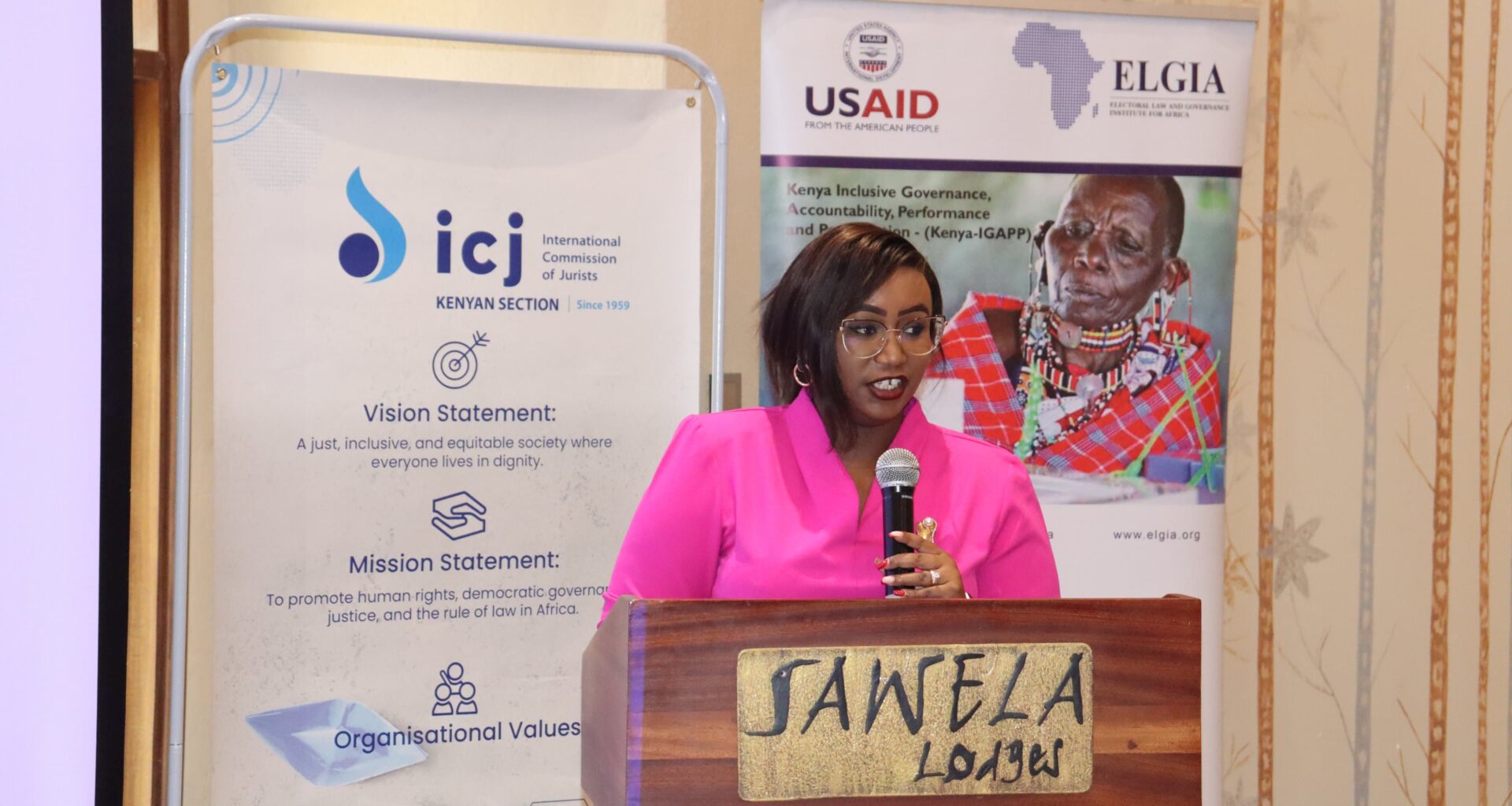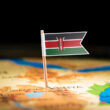NAIROBI,Kenya – Stepping through the heavy metal doors of the Nairobi remand prison in the capital’s industrial area for the first time can be a daunting and sobering experience that leaves an indelible mark on a person’s conscience.
As you gingerly walk between the bunk beds that serve as temporary homes for thousands of remandees waiting to learn their fate, you are met by faces of all kinds that stare back at you. Each telling a story of vulnerability, regret and most noticeably, the yearning of redemption amid the threat of long term incarceration.
The majority of those here, now considered guests of the state, in what is an overcrowded environment, are termed petty offenders, with their alleged crimes ranging from being idle, disorderly, littering, begging, urinating in public,washing clothes in public or even hawking.
Witnessing individuals, many facing their first encounter with the justice system, prompts reflection on the efficacy of punitive measures for such minor transgressions. It begs the question: are we truly addressing the root causes of such behaviours, or merely perpetuating a cycle of marginalization and incarceration?”
Up steps Julie Wayua Matheka, a renown human rights advocate and a programme manager at ICJ Kenya who has spent a significant number of years leading Kenya’s campaign to decriminalize and reclassify petty offences in the country and across Africa.
“I remember the first time I went to Industrial Area remand and saw the people held behind bars awaiting their day in court or having been held there for failing to pay a fine, and it was then I knew that I needed to apply myself to this body of work. Families are broken and peoples lives are ruined on a daily owing to the continued enforcement of petty offences but we rarely hear of those issues as they are considered minor incidences,” said Wayua.
Petty Offences are defined as minor offences for which the punishment is prescribed by law as a warning, community service, a low value fine or short-term imprisonment often for the failure to pay the fine. They are mostly anchored in colonial laws as they were meant to in effect restrain the movement of the native Africans through the imposing restrictions.
Post colonization, many countries have taken steps to decriminalize – which is to do away with most of the laws, however Kenya is still lagging behind.
“The arrest for these offences is often done in an arbitrary matter which is underscored by discrimination of persons based on their status in society- poor and vulnerable. The people who are affected by these offences are from poor economic backgrounds and as such cannot afford sufficient legal representation which exposes them to harsh outcomes before the judicial system,” she said.
Human rights advocates and lawmakers alike have passionately reiterated the need of ensuring penal laws and enforcement of criminal laws comply with human rights standards.
Wayua says that it is unfathomable to imagine, such laws still dominate national conversations. it is for this reason that she is leading concerted efforts to transform various aspects of the criminal justice system, particularly in ensuring Kenya ultimately declassifies and reclassifies petty offences.
“Petty offences matter are handled differently at the different stages of the criminal justice system. in Kenya, the National Council on the Administration of Justice criminal Justice Committee with the support of ICJ Kenya developed the Guidelines on the Management of Petty Offenders which give directions to all criminal justice actors on how to effectively manage petty offenders,”
Wayua insists that for instance, at the police station depending on the offence, officers can give warnings as well as seek to resolve the matter and allow the arrested person to go about their day.
This approach to non-detention was seen during the Covid 19 pandemic. At the prosecution level – prosecutors using the Decision to Charge Guidelines and the Diversion Guidelines can divert matters out of the criminal justice system and finally at the Judiciary – magistrates applying the sentencing guidelines have the option to give non-custodial sentences including reasonable fines and warnings.
Despite these alternative policies to address such offences outside of the criminal justice system, it remains a growing concern that profiling, over-policing, over-incarceration still lead to mass arrests and incarceration of poor and vulnerable Kenyans.
“The economy of the nation is driven by the youth of a nation, Kenya cannot seek to grow when 68% of the persons behind bars are the young and poor in the society. These are the people if given the right opportunities can contribute to the industry of the country. Policy makers and legislators ought to harness the energy of the young people and provide an enabling environment instead of criminalizing their poverty and status,” passionately expand Wayua.
The campaign to declassify petty offences has seen Ms Wayua,a human rights advocate with the gift of the gab, represent Kenya and ICJ Kenya in various regional and global forums that have allowed her to make a case for the need to declassify vestiges of colonial laws that do not reflect the current realities of Kenyans and even in African in general.
“In Africa, there has been positive movement on criminal justice reform with supporting instruments being developed to guide the interpretation of the Africa Charter on Human and Peoples Rights. In 2017, Principles on the Decriminalisation of Petty Offences in Africa were adopted by the African Commission on Human and Peoples Rights. This soft law standard advocates for a holistic approach to the challenges that arise in Africa at the intersection between poverty, justice and human rights,” explained Wayua.
At the local level, she has led various initiatives aimed at enhancing community dialogue observing that despite a great deal of the Petty offences being anchored at the National level, interestingly a resounding number are anchored within the County by laws and as such there is need for communities to engage their leaders with a view to give insights on the laws they pass.
Communities have also been encouraged to adopt the use of various alternative justice systems that have the representation of critical actors at the grassroots levels in order to resolve petty offences.
Kenya is at a very interesting point in regards to legal reforms.
In 2023 a bill was presented to the justice and legal affairs committee which seeks to decriminalize certain petty offences laws. It is Wayua’s hope that these reforms processes will elicit great public debate as they go to the heart and soul of the nation.
With the campaign to decriminalize petty offences being long and tedious, Wayua is hopeful change is on the horizon,saying that, we must dare to dream of a criminal justice system that is not oppressive to the poor and vulnerable.
This feature profile was first published on the People Daily Newspaper.








